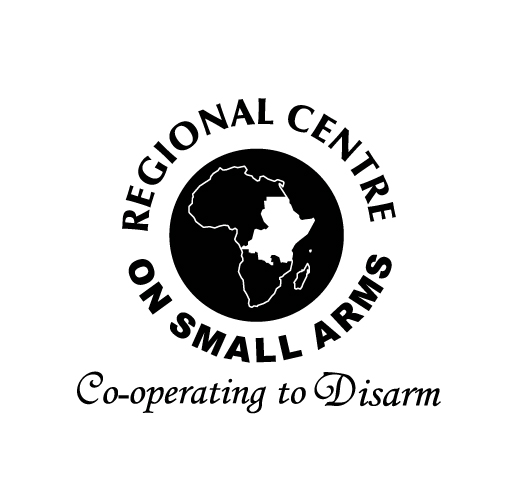Preventing, combating and eradicating the illicit trade in small arms and light weapons (SALW), in all its aspects, as well as addressing the impact of misuse of legally owned weapons, requires examining the human factors behind the supply, demand and misuse of such weapons. In doing so, all the spheres of society at all levels have to be integrated and mobilized and their capacity built along that of other actors and institutions to contribute collectively to the solutions of the problem. Looking at the small arms dynamics through gender lens, we do recognize that SALW does not affect men, women boys and girls in the same way. At the conceptual level, there has been a shift from a perspective that sees security solely through the military lens and that of the security of the State to a perspective that considers non-military aspects of security drawing on the notion of human security to focus on the individual and the role of non-state actors. This shift in perspective has also led to greater awareness of the role of gender in international relations, peace, security and development in particular. In a bid to systematically address gender aspects in small arms control and management, RECSA developed a Gender Policy in 2009 in line with the international, regional and national instruments and resolutions. Taking in to account the emerging trends in arms control, RECSA embarked on reviewing its Gender Policy to fill gaps and contribute to efforts towards gender equality. The policy acknowledged that women, men, boys and girls have different experiences, needs, and capacities, and that these differences must be recognized and addressed to achieve gender equality and promote sustainable peace and security. It recognizes that gender roles and norms are deeply entrenched in our societies and that addressing these requires a multi-faceted and sustained approach. This gender policy will also serve as a roadmap for RECSA to achieve its commitments to the Sustainable Development Goals (SDGs), specifically Goal 5 on gender equality, Goal 16 on peace, justice and strong institutions, and Goal 17 on partnerships for the goals. This policy also contributes to the implementation of UNSCR 1325 on Women, Peace and Security (WPS) given the interlinkages between the two agenda, given that SALW violence is highly gendered and that there is need for gender perspectives in the fight of illicit arms. RECSA is grateful to UN Trust Facility Supporting Cooperation on Arms Regulation (UNSCAR) through United Nations Office for Disarmament Affairs (UNODA) for the financial and technical support during the process of reviewing this policy. I urge all the RECSA Member States to consider localizing and implementing the Gender Policy in accordance with respective contexts. As a best practice, I encourage Member States to also ensure that SALW activities and forums embrace effective participation and equitable opportunities for leadership of both women and men. I am confident that this gender policy will be a powerful tool for promoting gender equality, preventing armed violence, and advancing sustainable peace and development in the region. I look forward to working with all stakeholders in the RECSA community to make this vision a reality.
Click to download full document GENDER POLICY
